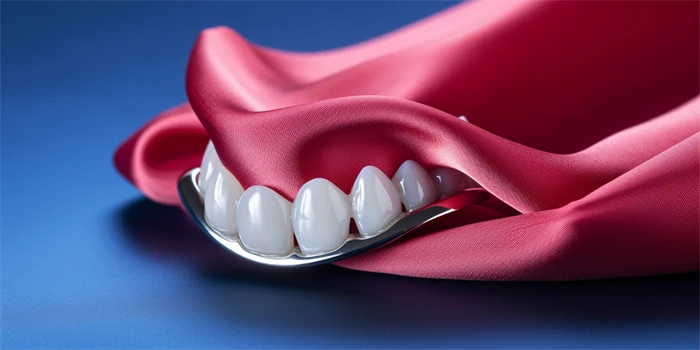How Long Can It Last for Dental Bridge in Galway?
Introduction to Dental Bridges
A dental bridge is a common solution for replacing missing teeth, providing both aesthetic and functional benefits. It consists of one or more artificial teeth (pontics) that are held in place by dental crowns on either side. These crowns are cemented onto the natural teeth adjacent to the gap, acting as anchors for the bridge. Dental bridges are popular in Galway due to their effectiveness and relatively short treatment time.

Factors Affecting the Longevity of Dental Bridges
The lifespan of a dental bridge can vary significantly depending on several key factors:
1. Material Quality
The type of material used in the dental bridge plays a crucial role in its durability. Common materials include porcelain fused to metal, all-ceramic, and zirconia. Porcelain fused to metal bridges are strong but can wear down the opposing teeth over time. All-ceramic and zirconia bridges are more biocompatible and aesthetically pleasing, often lasting longer with proper care.
2. Oral Hygiene Practices
Maintaining excellent oral hygiene is essential for the longevity of a dental bridge. Regular brushing, flossing, and the use of interdental brushes can prevent plaque buildup, which can lead to decay and gum disease. Poor oral hygiene can compromise the supporting teeth and the bridge itself, reducing its lifespan.
3. Regular Dental Check-ups
Regular visits to your dentist in Galway are vital for monitoring the condition of your dental bridge. Dentists can identify and address any issues early, such as decay around the supporting teeth or damage to the bridge. Professional cleanings can also help maintain the health of the surrounding teeth and gums.
Average Lifespan of Dental Bridges
On average, a well-maintained dental bridge can last between 10 to 15 years. However, some bridges may last longer, up to 25 years or more, depending on the factors mentioned above. It's important to note that individual experiences can vary, and some bridges may need replacement sooner due to unforeseen circumstances.
Signs That a Dental Bridge Needs Replacement
There are several signs that indicate a dental bridge may need replacement:
1. Fractures or Cracks
If the bridge develops fractures or cracks, it may no longer be functional or secure. These issues can lead to discomfort and potential damage to the surrounding teeth.
2. Loose Fit
A loose-fitting bridge can cause discomfort and may not function properly. It can also lead to further dental issues if not addressed promptly.
3. Recurrent Decay
If decay occurs around the supporting teeth, it can weaken the bridge's foundation. Regular dental check-ups can help catch decay early and prevent it from affecting the bridge.
FAQ
Q: How often should I visit the dentist if I have a dental bridge?
A: It is recommended to visit your dentist every six months for regular check-ups and cleanings to ensure the health and longevity of your dental bridge.
Q: Can I floss with a dental bridge?
A: Yes, you can floss with a dental bridge. However, it may be easier to use a floss threader or interdental brushes to clean around the bridge and between the teeth.
Q: What happens if my dental bridge fails?
A: If your dental bridge fails, it may need to be replaced. Your dentist will assess the situation and recommend the best course of action, which may include repairing the existing bridge or creating a new one.
In conclusion, the longevity of a dental bridge in Galway can be influenced by various factors, including material quality, oral hygiene practices, and regular dental check-ups. With proper care, a dental bridge can provide reliable and aesthetically pleasing results for many years.




